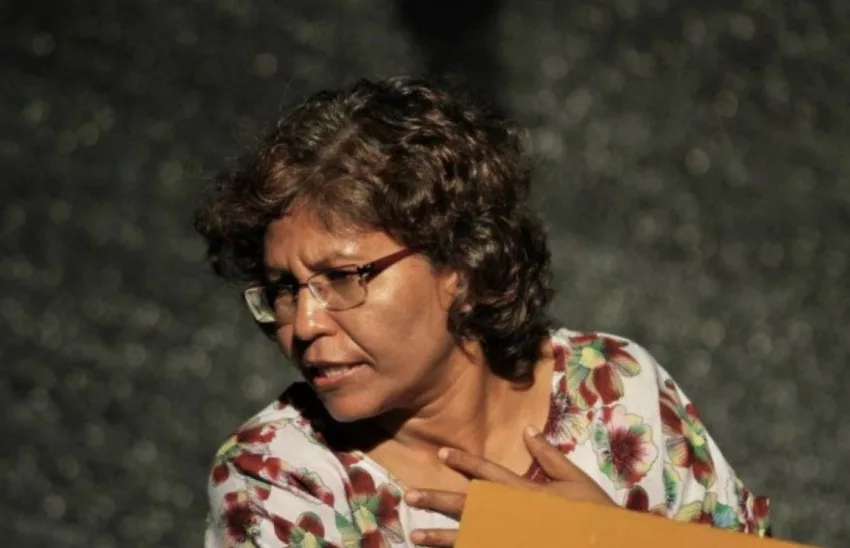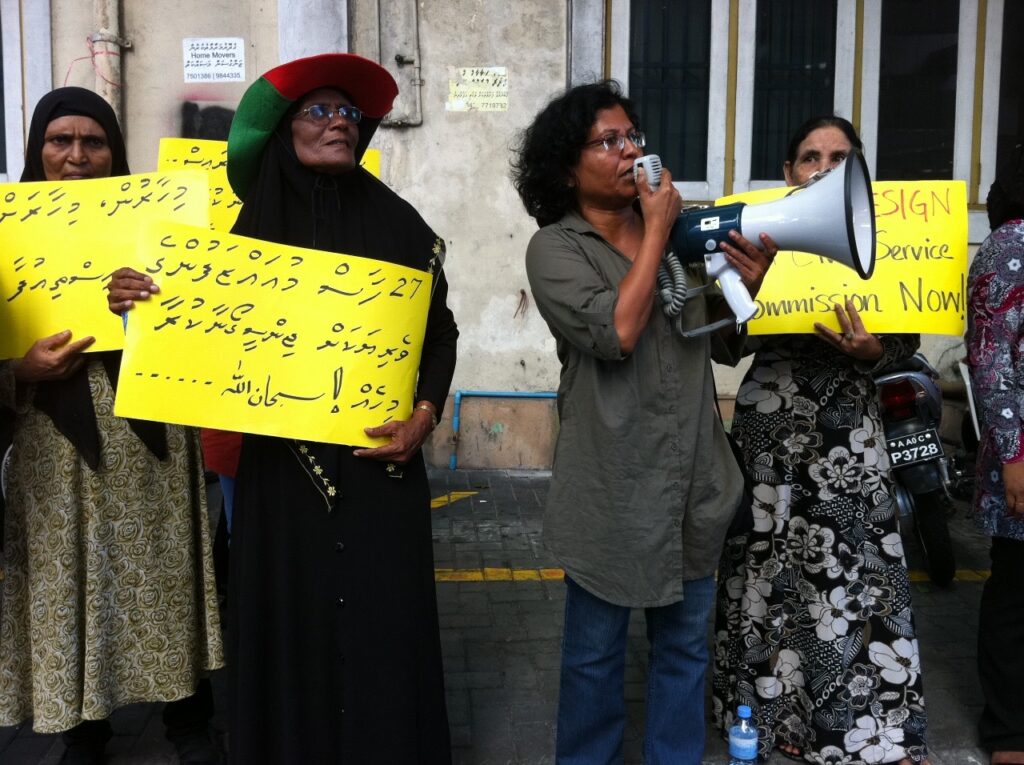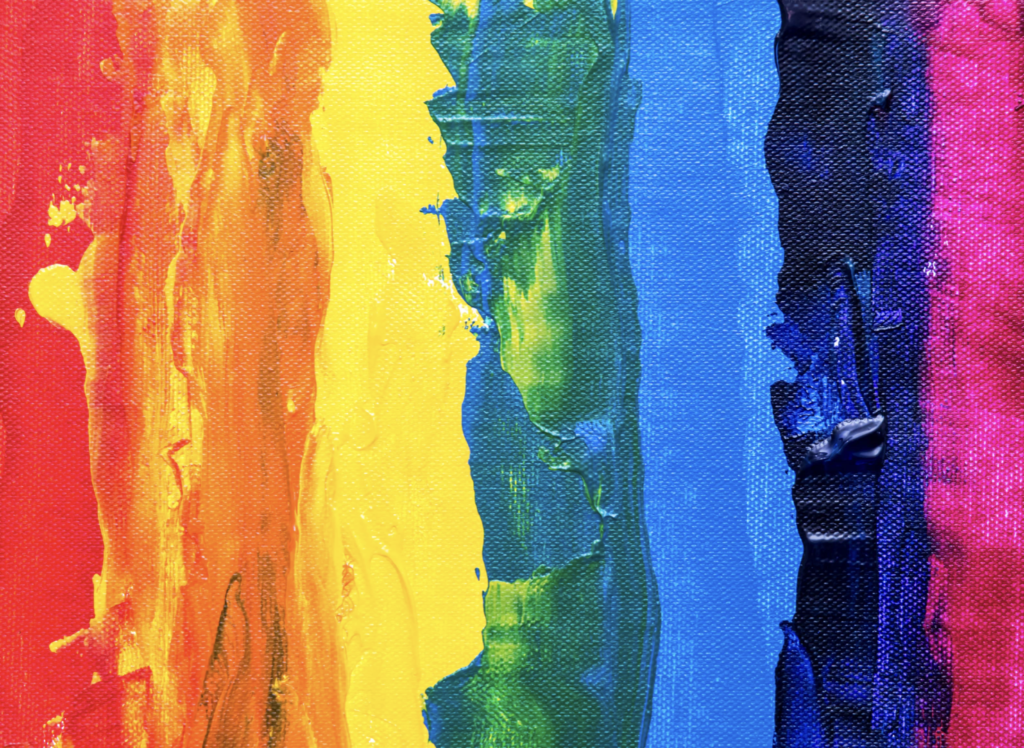Aniya: a sister in the struggle

by Hindha Ismail
Aniya carried within her a deeply profound sense of commitment and duty. To the community, to her family, and to the world she wanted to leave better than she found it. Even as illness began to take its toll, she refused to yield. I had the honour of working with her to the end. Unyielding, purposeful, and unwavering in her devotion until her body finally demanded that she rest.
I first met Aniya in the bustling offices of the Maldivian Democratic Party. She was the Deputy Secretary General, and it was my third year running the Maldivian Detainee Network. Her request that day was simple but urgent – how could the party organise itself so that it could help MDN support people arrested from the protests? Many of those detainees were party members or generally, democracy supporters. That question, posed with her usual clarity and conviction, was the start of something far greater than a working relationship. It was the beginning of a friendship, a shared purpose, and a bond that transcended politics and organisations.
To this day, I have not known another Maldivian who gave as much of herself to survivors of torture and to detainees as Aniya did. Her commitment was not an occasional gesture. It was the core of who she was. She found ways to connect with prisoners. Until the day she lay down, she called me every few weeks asking to help someone in prison.
At that first meeting in Male’, the country was still under the last, desperate years of Maumoon Abdul Gayyoom’s thirty-year dictatorship. Change was coming, but those who had clung to power for decades were using every tool within their reach to crush it. The police were their most brutal instrument. Armed with impunity, they descended on peaceful protests, beating, arresting, and dragging people away. Every day, dozens were detained. Yet from within that darkness of fear and pain, Aniya saw light.
She radiated hope. It wasn’t naive hope, but the kind that comes from understanding the cost of freedom and still choosing to fight for it. Her anticipation for change was contagious, moving us to work harder, to take risks. She reminded us that we were finally approaching the moment when Gayyoom could no longer gag the people while he drained our country dry. Our people would no longer “vanish” behind bars. The world would know about what happened inside detention centres and prisons. She had so much hope for our country. For the parents and children no one spoke of. She dreamed of freedom for the thousands of young people languishing in prisons. Of a country that would listen to its people.
Marking one year since we lost Aniya, Humay described Aniya, rightfully, as “a woman warrior. A mother, teacher, educator, journalist, broadcaster, pro-democracy activist, human rights defender, women’s rights defender, defender of the media and the constitutional right to freedom of expression.”
I will add some more. Aniya was the voice of this nation, quite literally, for thousands of listeners of Minivan Radio across the country. She brought the truth to the people at a time when it was thought impossible. She single-handedly ran and hosted the radio that the people loved, and the government hated. It was no small feat. Young and old alike, so many of us waited for her voice every day. Her unconventional style, her quick wit with Ahmed on air, their exchanges a mix of fondness and sharp political banter, and her unflinching choice to speak about what no one else dared to. Everything about her radio programs was something to look forward to.
When Ahmed Rilwan was abducted and disappeared in August 2014, it was personal for her. “Rilwan is not only a fellow journalist to me. He could have been my son, my brother”. She was heartbroken and angry, full of questions and frustration. From the day MDN released the results of our private investigation into his disappearance, she read the report on her radio station every single day for years. She vowed to keep Rilwan’s story alive, and she did. With Aniya gone, one seldom hears about what happened to Rilwan anymore.
She was, to me, a sister who chose me as her family. When MDN was attacked and so many turned their backs, Aniya stayed. She checked in, she guided me, she reminded me of my own strength. I still hear her voice: “No one will defend you if it means taking a risk to do it. The truth won’t matter to them. You must defend yourself this time.” She recalled how she was abandoned by everyone after she was targeted by religious radicals back in 2007. Despite everything, Aniya’s commitment never wavered. She carried the weight of the struggle with grace and determination, year after year. But in 2022, even her unshakable spirit met its breaking point. She could no longer reconcile herself with the way President Ibrahim Mohamed Solih had diminished the sacrifices of thousands of her fellow party members and supporters. To her, it was not merely a political disappointment. It was a betrayal of the very people whose sweat, tears, and hope had built the movement.
Aniya lived her life in defiance of silence. She loved her people fiercely, fought for them relentlessly, and left behind a voice that will echo long after her absence. May Aniya receive an eternal place in Jannah.

